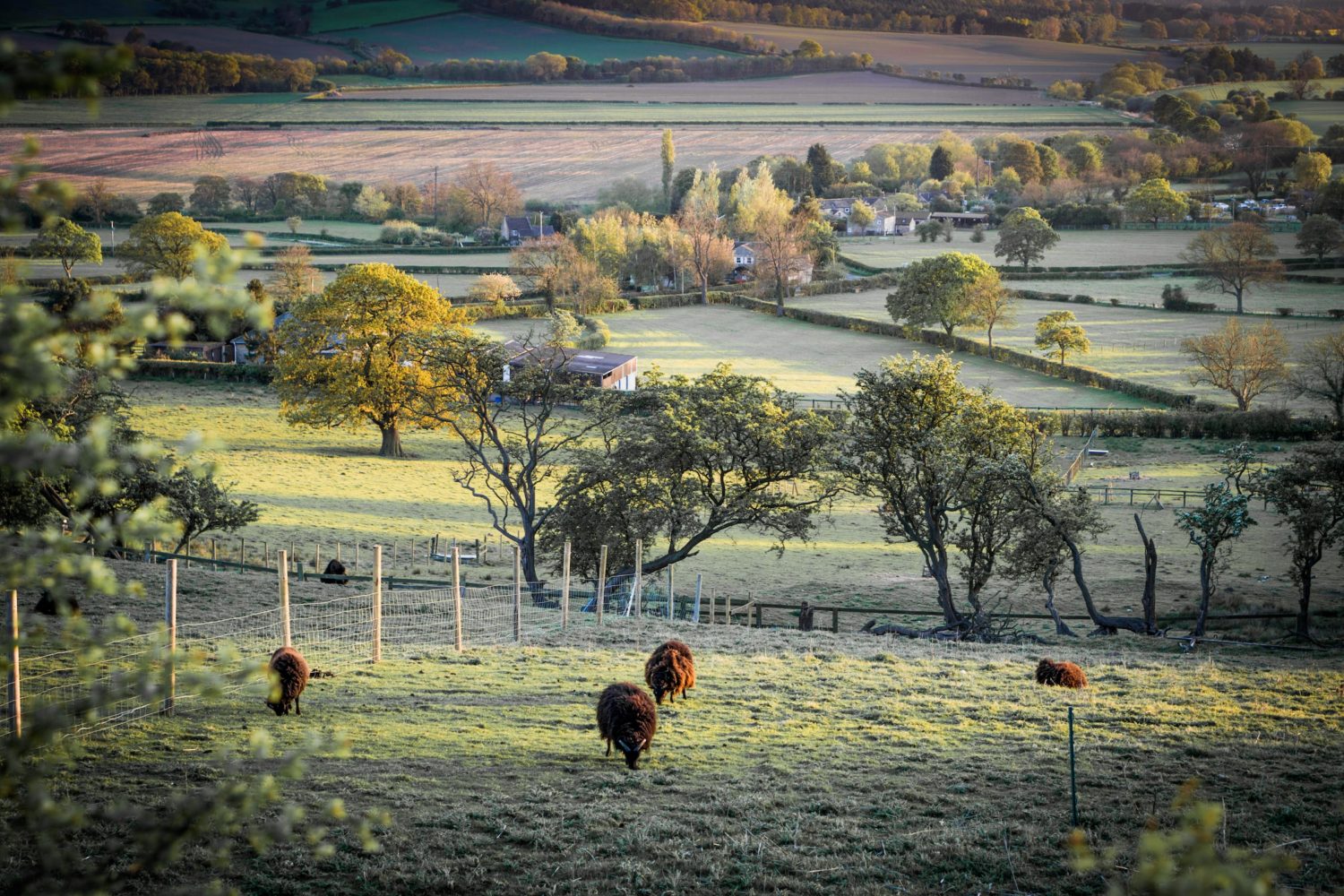Tories lose the countryside
New polling shows Labour progress in the countryside
Labour has drawn even in rural areas. Thirty per cent of rural voters said they would vote for the party, the same proportion as would vote Conservative. In 2019, Labour was 33 points behind.
Half of rural voters are not even considering voting Conservative. When asked ‘on a scale of 0-10, how likely are you to consider voting for the Conservatives at the next election’ half answered between 0 and 4, meaning unlikely. One third, or 32 per cent, answered 0, meaning never. Only 17 per cent of rural voters would definitely consider voting Conservative.
In rural areas, half (53 per cent) said the Tories do not share their values compared to 30 per cent who said they did – a deficit of 23 points, and down 22 points from -1 in previous Fabian Society polling in 2017.
49 per cent said the Conservatives do not understand people who live in their area, with only 28 per cent saying they do – a deficit of 21 points and down 8 points from -13 in 2017 polling.
Labour needs to win rural marginal seats and is currently way ahead in these. 50 of the 150 most marginal seats in Great Britain have at least 25 per cent of their population living in rural communities.
In these 50 marginal rural seats, Labour has surged ahead of the Conservatives by 42 per cent to 24 per cent, an 18-point lead and up from an 8-point deficit at the 2019 General Election.
More respondents in these rural marginals said Labour understood people in their local area than did not (40 per cent to 36 per cent), and that Labour shared their values than did not (42 per cent to 37 per cent).
However, while the Conservatives have lost the countryside, Labour has to work to win it over. Across all rural areas, 44 per cent said Labour does not understand people who live in their local area (31 per cent said they did) and 48 per cent said the party did not share their values (35 per cent said they did).
Fabian Society Senior Researcher, Ben Cooper said:
“The Conservatives are no longer the party of the countryside. Rural voters see the Tories as out of touch with their values and unable to understand their communities. Boris Johnson, Liz Truss and Rishi Sunak have broken a historic bond between the Tories and rural Britain.
“Too often, Labour thinks rural voters are out of reach. But a third of the most marginal seats have a substantial number of rural voters. Labour’s path to power runs through rural Britain, as well as our towns and cities.
“Labour is well on track to make significant gains in rural Britain, but still has to convince rural voters that they understand the countryside. Labour must set out a vision that all places, including rural communities, can feel a part of. And they must address a specific rural perception of feeling left behind. In doing so, the party can secure a broad ‘one-nation’ mandate to govern the country at the next election”
– Ends –
Notes
- Contact: Andrew Harrop, General Secretary, Fabian Society, 07932 035126 or Andrew.harrop@fabians.org.uk
- This data has been used as part of an ongoing project and is published as part of an essay collection produced in partnership with WWF UK. WWF UK had no editorial control over the polling or edited collection.
- The collection is published by the Fabian Society and edited by Kate Murray.
- The Fabian Society commissioned YouGov Plc to survey 3,333 adults across Great Britain. The survey was carried out online. Fieldwork was undertaken between 21st and 23rd November 2022. The figures have been weighted and are representative of all GB adults (aged 18+). In the weighted sample, 391 respondents were from rural areas and 258 substantially rural target seats. Data on voting intention have been rebased to exclude those saying don’t know and wouldn’t vote. The full results of the polling can be found at this link.
- Considering voting for a political party is defined as people stating their likelihood of voting Conservative or Labour is between 6 and 10, out of 10. Not considering voting for a political party is defined as people selecting between 0 and 4, out of 10.
- Data from 2017 can be found in a previous Fabian Society publication Labour Country here.
- The Fabian Society is Britain’s oldest political think tank. Founded in 1884, the society is at the forefront of developing political ideas and public policy on the left. The society is alone among think tanks in being a democratically-constituted membership organisation, with over 7,000 members. It is constitutionally affiliated to the Labour party.
- The report is part of the Fabian Society’s ongoing Winning 150 series.
Photo: Illiya Vjestica/Unsplash
